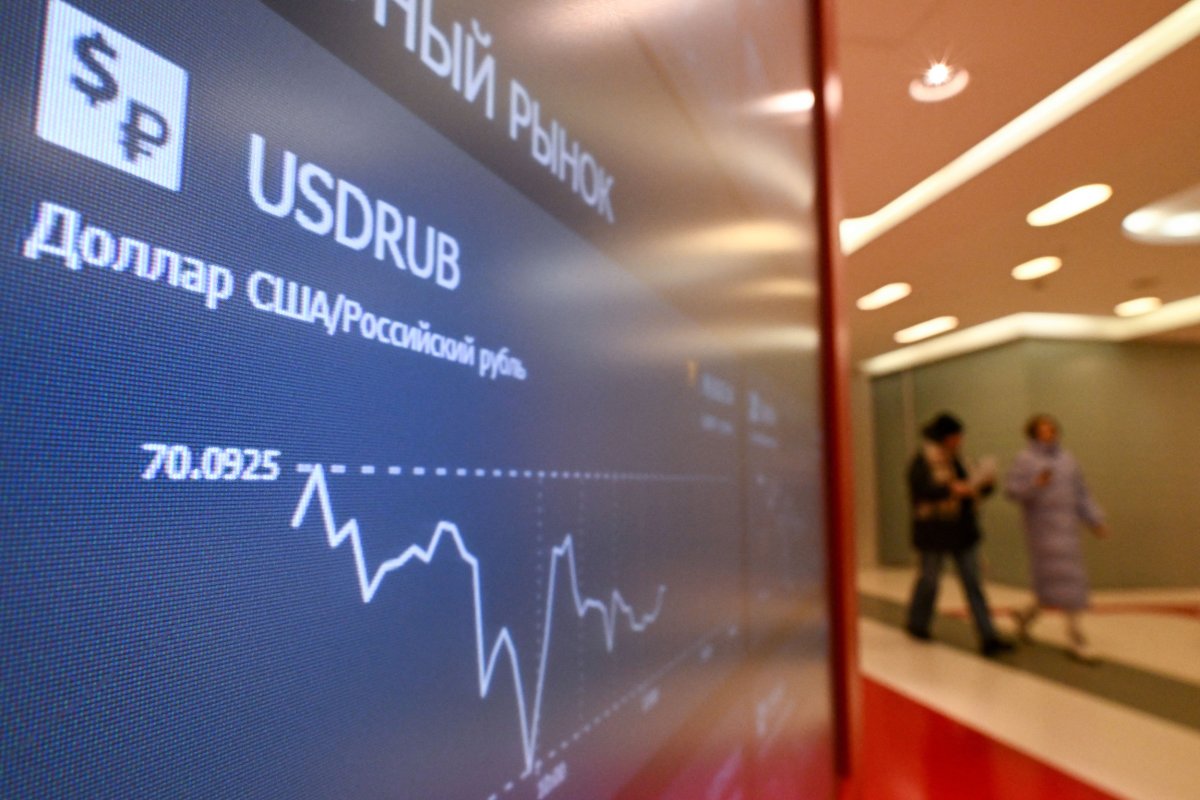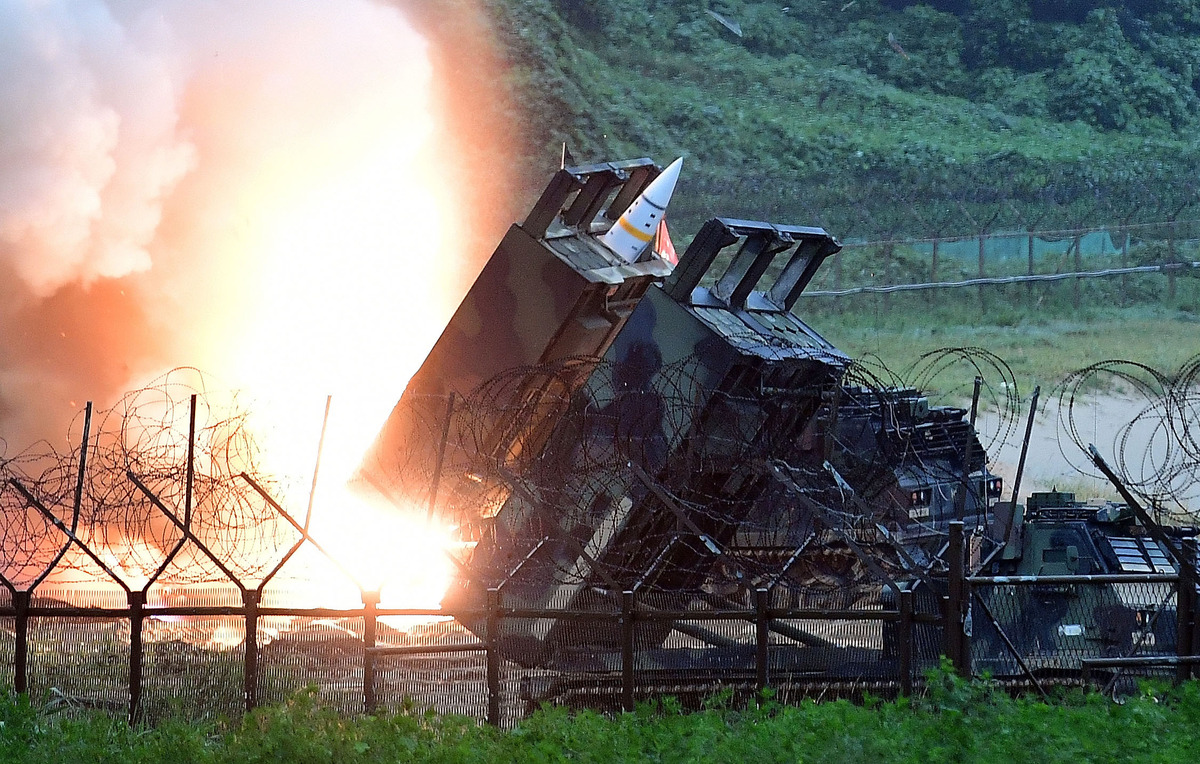Russia has seen a sharp spike in corporate bankruptcies, according to a report that comes as Vladimir Putin looks to tax companies more to pay for his social program and the sanctions-hit economy continues to face turbulence.
The business newspaper Kommersant reported that in the first two months of 2024, corporate bankruptcies had increased by more than a half compared with the same period last year—and experts predicted an increase in insolvencies in future.
Bartosz Sawicki, market analyst at Conotoxia Fintech, told Newsweek Russian firms are facing refinancing issues "as the effects of monetary tightening are starting to kick in."
Kommersant said that in January and February this year, 571 and 771 companies respectively, were declared bankrupt—57 percent and 61 percent more than in the same months in 2023, citing court records in the country's Unified Federal Register of Bankruptcy Information.

Bankruptcies had been steadily declining, dropping from 10,306 cases in 2021 to 7,400 in 2023. This has been helped in part by a moratorium on insolvencies put in place due to the coronavirus pandemic, as well as sanctions imposed in 2022 following Putin's full-scale invasion of Ukraine.
Russia's First Deputy Minister of Economy Ilya Torosov told the paper that taking into account the moratorium and data before the pandemic, "there has been no increase" in bankruptcy proceedings.
Meanwhile, Anton Krasnikov, a partner at the Russian law firm Sotbi, attributed the rise to a low base caused by the moratorium, although he told the paper that bankruptcies were returning to pre-pandemic levels.
Last year, Russia's Supreme Court proposed raising the bankruptcy debt bar from 300,000 rubles ($3,350) to 2 million rubles ($22,000), which would reduce insolvencies by 40 percent but make it difficult for creditors to recover small debts. The government does not support the idea.
Independent news outlet The Bell, which reports on the Russian economy, gave its take on Kommersant's findings, concluding that bankruptcies were not "abnormally" high but "much more worrying may be attempts to curb this growth by easing the requirements for debtors.
"The Supreme Court's initiative to raise the bar for bankruptcy is not supported by either the government or lawyers," The Bell added. Newsweek has contacted Russia's finance ministry for comment.
Last week, Putin hinted at higher taxes for companies during his state-of-the-nation address to Federation Council, in which he announced policies to boost infrastructure, and social support.
The Moscow Times reported that this would involve a windfall tax on profits for corporations, in addition to a rise in personal income tax, from a flat rate of 13 percent. Bloomberg estimated Putin's plans would cost $164 billion in the next six-year term of his presidency, which he is expected to regain in this month's elections.
While predictions for GDP growth this year hover at around 2.5 percent, Russia has been hit hard by war-related sanctions and faces dwindling revenues from energy exports.
Sawicki said that despite the relative resilience of the wartime economy due to high government spending on the war effort, "the picture of other sectors of the economy is far from rosy."
"Companies are experiencing problems with refinancing as the effects of monetary tightening are starting to kick in," Sawicki told Newsweek. "Although Russian companies are doing their utmost to dodge sanctions, international trade has become a significant issue for plenty of them.
"The private sector also feels the pressure of macroeconomic instabilities, which deepen as the economy is on the verge of overheating."
Uncommon Knowledge
Newsweek is committed to challenging conventional wisdom and finding connections in the search for common ground.
Newsweek is committed to challenging conventional wisdom and finding connections in the search for common ground.
About the writer
Brendan Cole is a Newsweek Senior News Reporter based in London, UK. His focus is Russia and Ukraine, in particular ... Read more
To read how Newsweek uses AI as a newsroom tool, Click here.








